Have you dreamed of moving to the Big Apple your entire life? Starting each morning with a bagel in your hand and the sound of angry New Yorkers shouting at taxis and slow-walkers as you make your commute to work. Or perhaps Paris is more your speed? A buttery croissant and the scent of urine on the streets might be your preferred way of waking up. As much as we enjoy taking vacations to these popular tourist destinations, the experience of being a local is quite different than what we might imagine.
So to help visitors understand what the locals are begging them to stop doing, we’ve consulted this Reddit thread where the residents of popular getaways dished about what drives them crazy, and even reached out to the person who sparked this conversation in the first place, Winterbeers on Reddit. Below, you’ll also find an interview with travel expert and creator of the blog The Invisible Tourist, Alyse. So if you’re planning your summer holiday right now to a tropical beach or a sprawling city, keep these tips in mind to avoid being angrily chased out by locals. And then if you’re looking for even more insight from residents of popular vacation spots, check out this Bored Panda piece next.
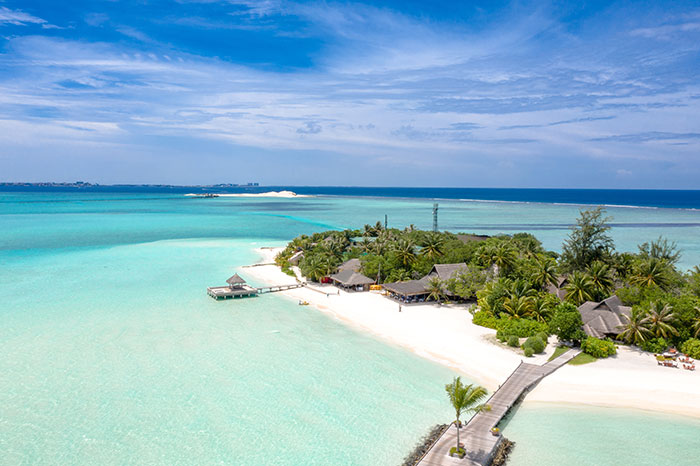 Caribbean island … people who complain that they can’t get a Heineken or a Bud Light here. People who complain that they can’t get fast food or chain food here. People who basically are angry that a tiny sland in the Caribbean isn’t just like the Houston suburbs.
Caribbean island … people who complain that they can’t get a Heineken or a Bud Light here. People who complain that they can’t get fast food or chain food here. People who basically are angry that a tiny sland in the Caribbean isn’t just like the Houston suburbs.
If you want everything you have in the US, stay the f**k in the US.
Also infuriating during the pandemic: “Your island requires masks and negative tests!? Well if you keep that up we will NOT be visiting and will take our money elsewhere!”
Fine. Go elsewhere. We don’t want you on our island, where the entirety of our healthcare is a small clinic with five beds. Don’t threaten people with money, f*****g entitled assholes.
We all know what it’s like to be a tourist. You’ve been looking forward to this vacation for months, possibly even years, and you finally have the chance to visit the Colosseum or swim in Thailand’s most beautiful beaches. The excitement of traveling can lead some of us to forget that there are plenty of people in that city or town who are not on vacation. They are just minding their own business, going to school and work and the grocery store, with a massive amount of tourists around.
Tourists have to try to put themselves in the shoes of the locals of wherever they are visiting and remember that they probably would not be too happy to find litter in their backyard or in their favorite park. They likely would not be thrilled to find drunk tourists wandering through their neighborhood loudly at 3am either. And there is no way they would want to find a visitor sitting on their property. It is a wonderful thing to live in a beautiful city that can make a lot of money from tourism, but it is crucial that tourists don’t leave a mess for someone else to clean up after they’ve gone home.
 Leave. The. Wildlife. Alone.
Leave. The. Wildlife. Alone.
And this doesn’t just extend to tourists but to people that live here too. 45+ coyote attacks last year in no small part because of people giving them food leading to a cull, bears getting habituated to people because they’re being given food leading to them getting killed, otters and sea lions getting fed. They’re not cute cuddly things. They’re wild animals and will kill you and then, because they’re doing what they do, they’ll get killed because they’re “dangerous to humans”. When in reality they’re only dangerous to ignorant rubes with no respect for nature.
We reached out to Winterbeers on Reddit to hear what inspired them to start this conversation in the first place. We asked if they had ever lived in a tourist destination or had recently been traveling, but they told us they’re just a nosy person. We also wanted to know why they think locals often find tourists obnoxious, and they said, “If you have to ask, you don’t live in a vacation spot.” I might not currently, but I have lived in Los Angeles, so all I can say is, fair enough.
Lastly, we wanted to know if they learned anything from this thread that they will remember the next time they plan a trip. “Yes, actually people posted some really good information I think,” they told us. “Not just what not to do (which mostly seems like common sense) but some even offered information on destinations. You have to really sort through the comments but next time I travel I’ll probably look into some of the things various people have mentioned.”
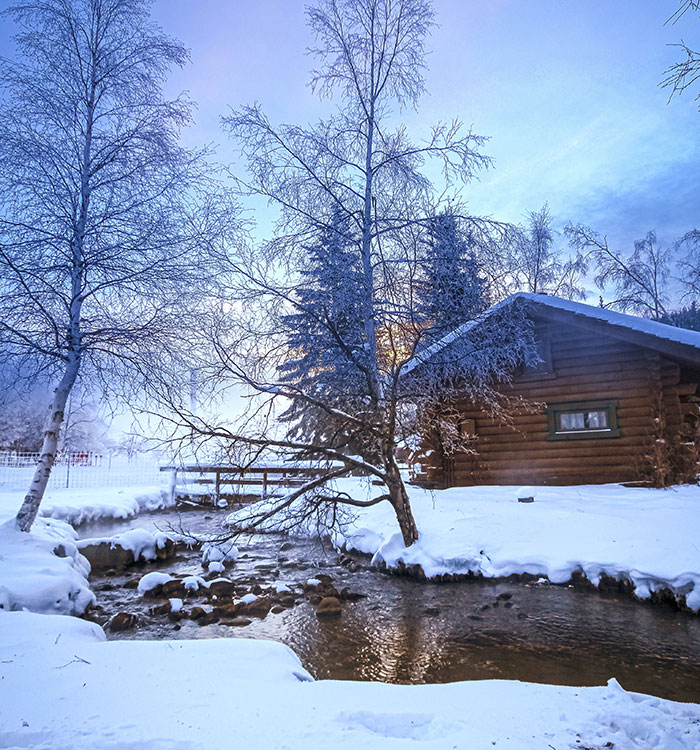 I live in Alaska. My home is a rustic log cabin build and sits about 1/2 a mile off a major hiking trail. Despite the NUMEROUS no trespassing signs and a gate, I still get tourists coming on my property and even getting so bold as to sit in my rocking chairs on my porch. My house overlooks the chugach mountains and has a great view….but that’s my view… that I pay a mortgage on.
I live in Alaska. My home is a rustic log cabin build and sits about 1/2 a mile off a major hiking trail. Despite the NUMEROUS no trespassing signs and a gate, I still get tourists coming on my property and even getting so bold as to sit in my rocking chairs on my porch. My house overlooks the chugach mountains and has a great view….but that’s my view… that I pay a mortgage on.
What is it about traveling that makes some people lose all sense of judgment? Perhaps it’s the excitement of finally being away on holiday and trying to make the most of their week off from work. Or maybe visitors feel entitled to do whatever they want if they’ve paid a large sum of money for their trip. Traveling internationally might also lead to tourists acting particularly ignorant when they don’t understand the language or culture of wherever they are.
But these are not valid excuses. The internet is an amazing tool that can provide travelers with plenty of information about their destination and how to get around seamlessly. Countless blogs can teach tourists the best spots to see that won’t charge them an arm and a leg, and a quick Google search can usually help visitors learn enough about the culture of any location to avoid being offensive. Just because tourists benefit the economy of wherever they travel to does not mean that their actions have no consequences. The least they can do to enhance their experience, and to prevent disrupting locals, is do a bit of research before traveling. I promise, it’s not very hard. In fact, you will likely find it exciting!
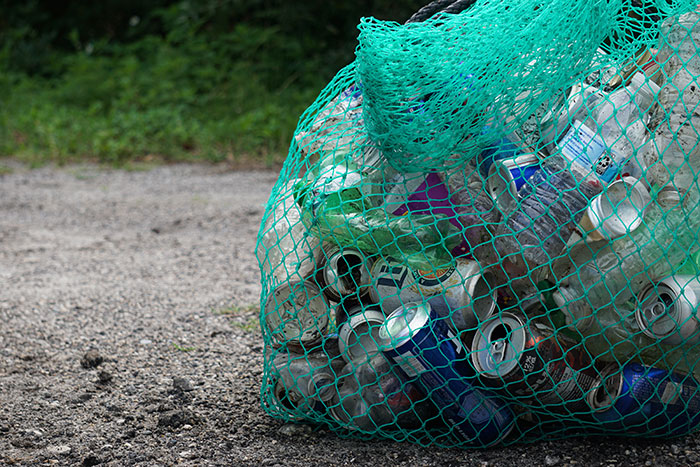 Clean up your f*****g trash.
Clean up your f*****g trash.
I used to live in a spring break destination which was a small surf town. After spring break, people would be cleaning up pounds upon pounds of beer cans, broken bottles, needles, used condoms…f*****g revolting.
Edit for you nitpickers: I meant “stop throwing your garbage on the ground.” There, now get off my cheeks.
We got in touch with travel expert and creator of the blog The Invisible Tourist, Alyse, to hear her thoughts on this topic. When asked why locals tend to dislike tourists, Alyse told us, “Tourists can sometimes forget people need to live and work at their vacation destination. They can be loud, get in the way and do disrespectful things in public they likely wouldn’t at home. A lack of understanding of their culture means tourists can also unintentionally offend locals.”
Alyse also explained how her idea of being an “invisible tourist” can prevent upsetting locals. “Traveling in this way helps to preserve the local cultural heritage. Making a conscious effort to ‘blend in’ helps to minimize any negative social, cultural and economical impacts of tourism,” she says. “Learning local customs, etiquette and basic language before our trips will lead to more positive encounters with locals once we’re there. What may seem like small things can actually make a big difference!”
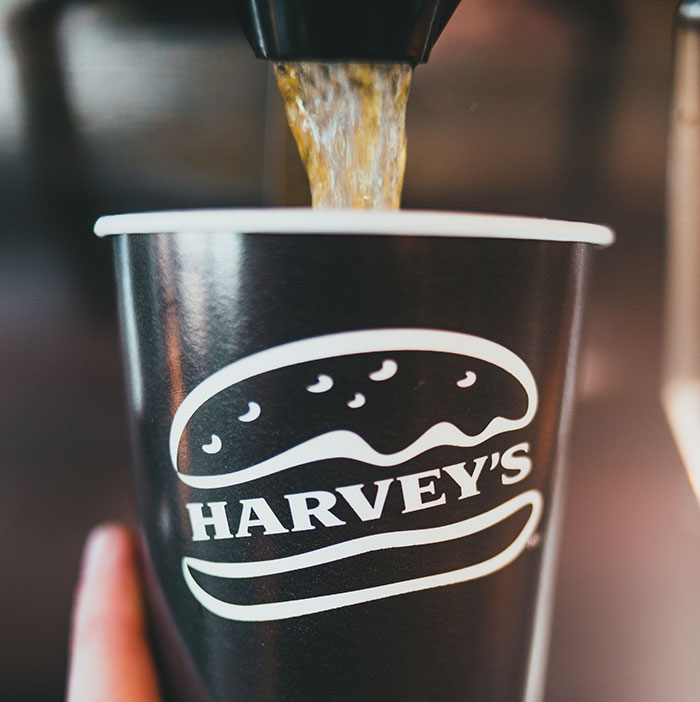 There are a lot of really good points and suggestions, but people forgot to mention the most important thing.
There are a lot of really good points and suggestions, but people forgot to mention the most important thing.
Don’t expect everything and everyone to be or behave the same as where you came from. I see so many tourists complain they can’t have this or that, how shocked and insulted they are by someone’s behavior… You came to a different country with a different culture and no you can’t have a free refill just because that’s how you do it in USA Karen.
We also asked Alyse what she thinks tourists need to keep in mind when visiting extremely popular destinations. “Consider staying longer in busy places to experience more. While it sounds counter intuitive, staying longer means we can visit popular places before day trippers arrive and after they leave for a less crowded experience,” Alyse explained. “Staying in locally-owned accommodation and spending at small businesses means giving back to locals, rather than contributing to economic leakage (where tourism money is sent abroad from the big global chains, not trickling back down to local communities).”
Lastly, Alyse added that, “We can experience more from our trips by being prepared: Pre-purchase any popular tickets days (if not weeks or even months) beforehand to avoid disappointment; Research in advance how to get around at the destination to avoid winging it and wasting precious time when we’re there; participate in cultural experiences to learn new ways of thinking and enrich our trips. And most importantly, travel with an open mind – it can change our lives!”
If you’re interested in hearing about Alyse’s personal travels or getting more tips from her, be sure to check out her blog The Invisible Tourist right here and her book How to Not Look Like A Tourist: Unlocking Your Hidden Power for Overtourism Solutions right here.
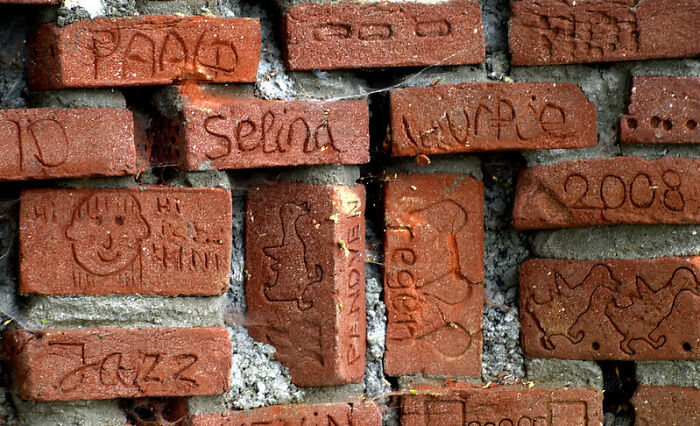 Don’t fricking carve your name on stuff!!!
Don’t fricking carve your name on stuff!!!
The amount of people who need to carve their names onto historical buildings and statues are just crazy. Don’t be an a*s. You are ruining the place.
And respect peoples properties. Yeah, it’s a cute street with cute houses and charming gardens. But that does NOT give you the right to enter peoples private properties to peep in their windows, walk in their gardens and try to open their doors. A colleague is selling his house because he’s tired of people peeping in their windows and trying to open their door to have a look inside. He got yelled at for beeing inappropriate while he was sunbathing in his own garden by a tourist who let themself in the gate and walked around the house to have a look at his garden.
Aside from being annoying for locals, tourism can be detrimental to the environment, due to the great numbers of tourists and how these individuals treat the cities they travel to. According to The World Counts, 45 tourists arrive at destinations worldwide every second. And tourism rates have been consistently on the rise. In 1950, there were only 25 million international tourist arrivals for the entire year, but today, only halfway through 2022, there have already been over 760 million this year.
The impacts of these massive rates of tourism vary by location, but the most common are depletion of resources and increased pollution. “Tourism puts enormous stress on local land use, and can lead to soil erosion, increased pollution, natural habitat loss, and more pressure on endangered species. These effects can gradually destroy the environmental resources on which tourism itself depends,” The World Counts explains.
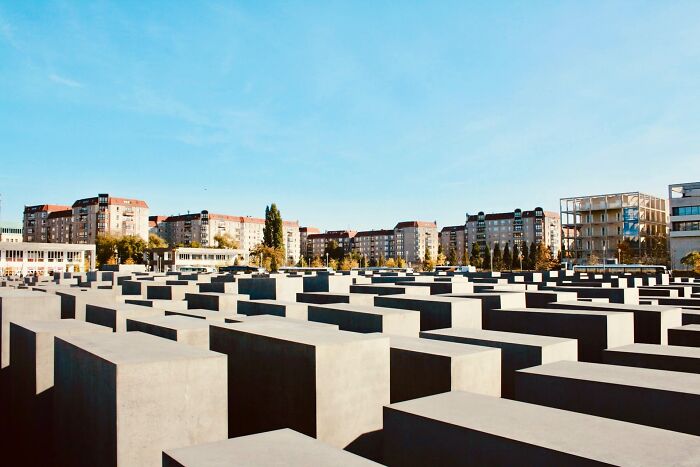 I live in Berlin and this goes for German and international tourists: please don’t run, take selfies, play hide and seek or sit on the holocaust memorial ffs.
I live in Berlin and this goes for German and international tourists: please don’t run, take selfies, play hide and seek or sit on the holocaust memorial ffs.
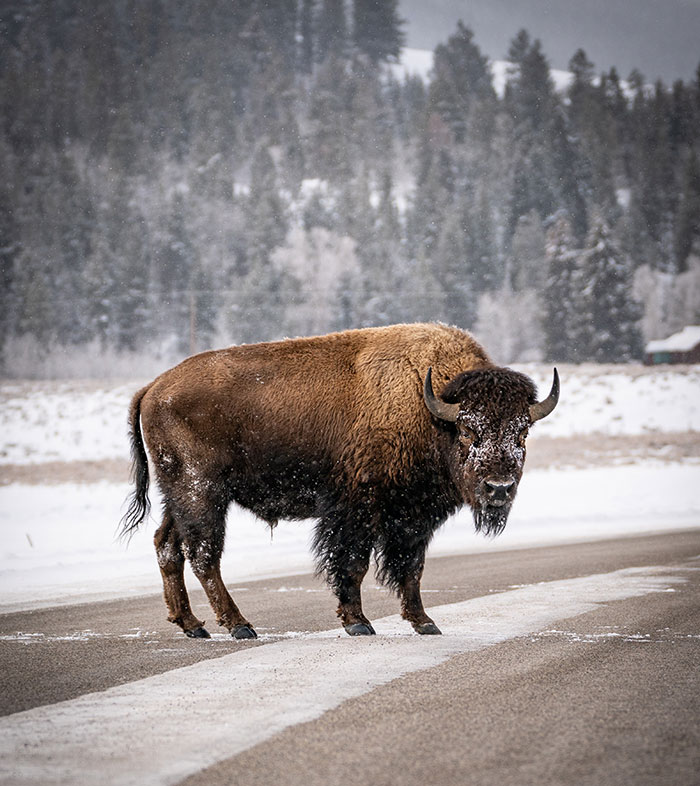 For your sake, STOP TRYING TO PET THE BUFFALO! Or don’t, some of us are entertained by the videos of you flying through the air.
For your sake, STOP TRYING TO PET THE BUFFALO! Or don’t, some of us are entertained by the videos of you flying through the air.
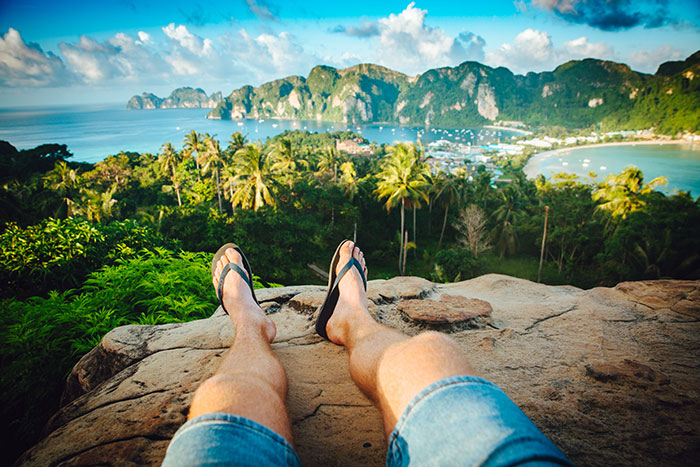 Stop trying to hike up a mountain in flip-flops!
Stop trying to hike up a mountain in flip-flops!
Also, don’t try to use an air mattress as a mode of transport between islands.
Several of these every year…
Tourism can put great stress on water resources as well. The World Counts notes that, “An average golf course in a tropical country, for example, uses as much water as 60,000 rural villagers. It also uses 1500 kilos of chemical fertilizers, pesticides and herbicides per year.” Unsurprisingly, tourism is also contributing to climate change. More than 5{6932ee47e64f4ce8eedbbd5224581f6531cba18a35225771c06e4f1b3f0d9667} of global greenhouse gas emissions can be attributed to tourism, mainly from transportation. What is even more concerning is that these numbers are not headed in the direction of slowing down any time soon. By 2030, CO2-emissions from tourism are expected to see a 25{6932ee47e64f4ce8eedbbd5224581f6531cba18a35225771c06e4f1b3f0d9667} increase from the levels in 2016. While we are all aware of the devastating impacts of climate change, it’s important to remember that even activities we might have never considered, like taking a vacation, could be contributing to the harm of our planet.
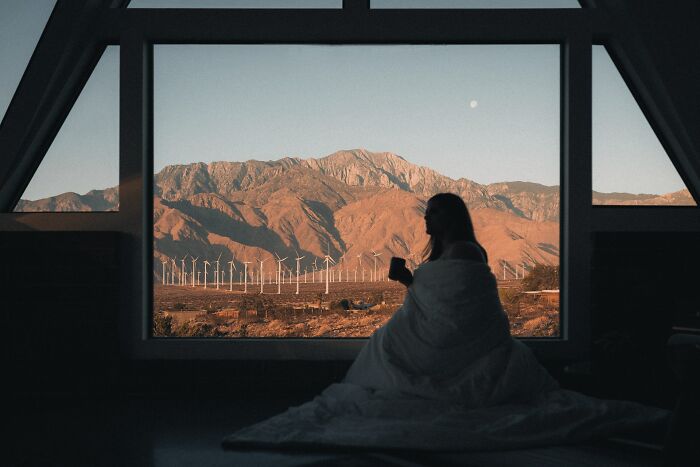 Deciding they like it so much here that they are going to purchase our homes for over market value so they can turn them into AirBNBs. And in turn, pricing the locals out of ever owning homes in their own town.
Deciding they like it so much here that they are going to purchase our homes for over market value so they can turn them into AirBNBs. And in turn, pricing the locals out of ever owning homes in their own town.
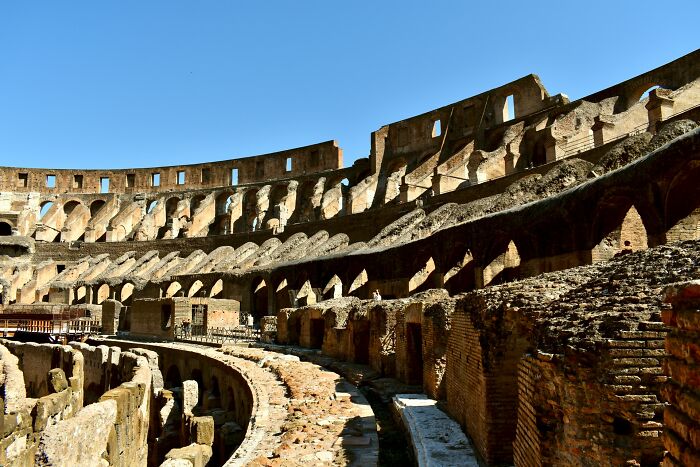 Deface world heritage sites for souvenirs or internet clout.
Deface world heritage sites for souvenirs or internet clout.
For example: **The Colosseum** in Rome has graffiti carved into it’s walls by arsehole tourists and **Stone Henge** is closed off to the public because arseholes were chipping pieces off for souvenirs.
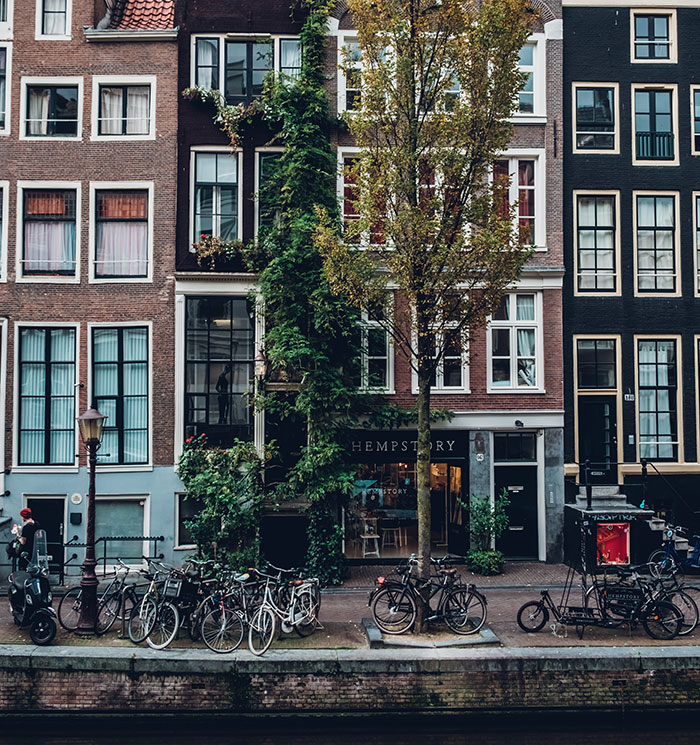 Amsterdam. Walking around like they’re at Legoland, blindly stepping into traffic, oblivious to the fact that people actually live here. We use the bike to get to work, to get groceries, we’re not just aimlessly cycling around for the fun of it.
Amsterdam. Walking around like they’re at Legoland, blindly stepping into traffic, oblivious to the fact that people actually live here. We use the bike to get to work, to get groceries, we’re not just aimlessly cycling around for the fun of it.
Thankfully, there are alternatives to the traditional travel methods that are wreaking havoc on our planet. Eco-tourism is a more sustainable option for those who want to see the world without disrupting it. The World Counts defines eco-tourism as “responsible travel to natural areas that conserves the environment and improves the well-being of local people”, and apparently, the trend is on the rise, with the Organisation for Economic Co-operation and Development estimating that 7{6932ee47e64f4ce8eedbbd5224581f6531cba18a35225771c06e4f1b3f0d9667} of the world’s international tourists in 2018 were eco-tourists. With a little bit of research and thinking outside of the box, you can make your next trip more environmentally friendly as well.
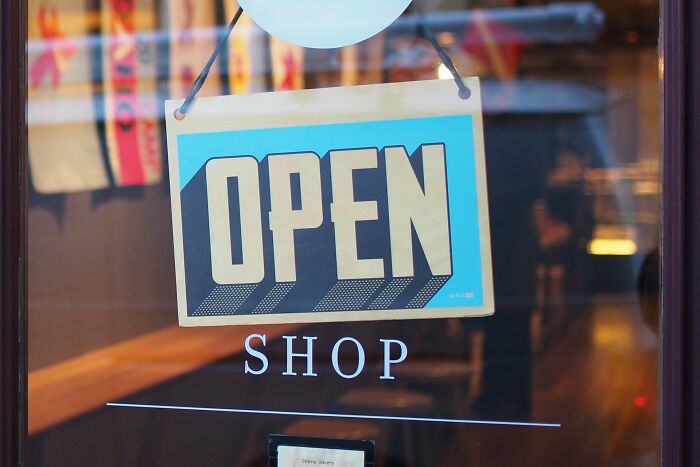 Please visit local businesses. COVID hit them hard. I know they aren’t as big and well known as Disney and Kennedy Space Center but they have a lot of charm, too.
Please visit local businesses. COVID hit them hard. I know they aren’t as big and well known as Disney and Kennedy Space Center but they have a lot of charm, too.
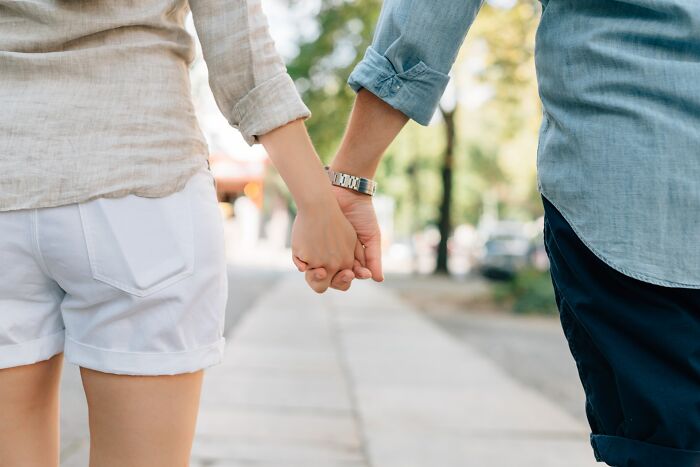 [Bangkok – Thailand] dating and f#cking girls half or less your age.
[Bangkok – Thailand] dating and f#cking girls half or less your age.
Yes, there are many, many old pervert men here.
We consulted Ecotourism World to find out their best recommendations for traveling more sustainably, and you might be pleasantly surprised to hear how easy some of their tips are. The first one is to be mindful of where you’re going. Traveling to a lesser known destination is a great way to reduce the strain on resources in more popular sites. And if you are really determined to see that famous landmark or national park, consider going during the off season. With less tourists around, it is easier for the environment and the locals to handle visitors then. Plus you’re likely to encounter much smaller queues and crowds, and might even get to pay less for accommodation and tickets.
 Edinburgh Scotland- I do not want to hear your best attempt at imitating my accent to my face, American Tourists.
Edinburgh Scotland- I do not want to hear your best attempt at imitating my accent to my face, American Tourists.
The castle is on a hill in the middle of the city, if you can’t see it, turn in a circle. It’s that big thing on the hill. Walk towards it. I’m late for work, please, just read the bus timetable and don’t stop and quiz the driver of EVERY BUS “do you go to the castle?!”
After choosing your destination, you’ll need to find accommodation. Nowadays, there are plenty of eco-friendly options from hostels to B&Bs to hotels. Opt for locally owned establishments over chain hotels, as your money will be doing more for the community in the hands of the locals. Do your research about how where you’re staying handles waste and how they manage to cut down on water and electricity usage. An added bonus of staying in smaller, locally owned accommodation means you are more likely to have an authentic experience. Being around locals gives you the opportunity to learn about their culture and cuisine and avoid the masses of tourists that would be staying at a larger hotel.
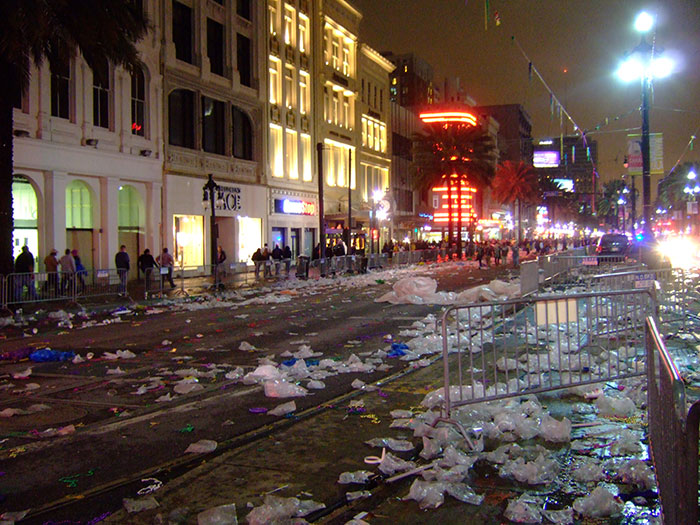 Stop disrespecting the spot you’re visiting. Every time I go to places after tourists have visited all I see is rubbish, names carved into monuments, gum stuck to the path and I especially hate it when they’re loud
Stop disrespecting the spot you’re visiting. Every time I go to places after tourists have visited all I see is rubbish, names carved into monuments, gum stuck to the path and I especially hate it when they’re loud
Haggle on every single item you buy.
I’ve seen tourists wearing Rolex’s try haggle down a price for a painting from a street artist. Wanted to pay 2 dollars for a piece he had likely spent an hour working on.
It’s f*****g embarrassing and insulting for everyone involved.
I used to live and work in one of the UK’S university towns. Most of my research work was in one of the college libraries which was built in about 1580. In the summer especially we would have endless streams of tourists trooping through, shouting at the top of their voices. The library was in a private/no access zone and marked clearly with “Private – No Admittance” signs.
The tourists could be quite abusive when asked to leave because they had ‘paid’ for their tour; which meant they were entitled to go anywhere they wanted, take pictures of all the students and shout to each other about how ‘old and cute’ everything looked.
People live and work here you morons! Can’t you understand that?
And the littering and smoking. In a library full of rare books.
Another way to be an eco-tourist is to seek out eco-tours operated by locals. “Not only will this return some profits back into the local community, but it’s even more beneficial for you because the locals always know the most ideal locations to offer you the best possible experience,” Ecotourism World notes. The best way to learn about any place is to hear from the locals, and you are likely to be more welcomed when they know you care as much about their environment as they do. Do a little research online for the best eco-tours wherever you are traveling to, and you will be sure to find a unique and meaningful experience.
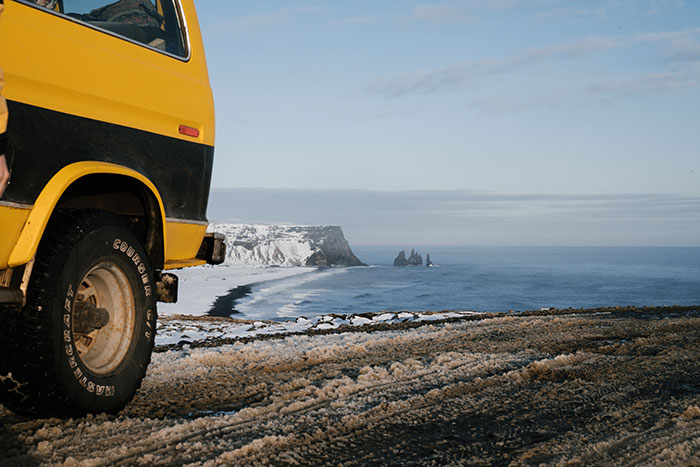 Iceland here. Stop s******g absolutely everywhere.
Iceland here. Stop s******g absolutely everywhere.
Nobody likes your f*****g drone.
Learn to drive and do not stop in the middle of the road after a blind hill and turn off your lights to watch the northern lights in the dark.
Do not park your camper vans in residential parking.
Respect the landscape and for f***s sake listen to the warnings about sneaker waves in Reynisfjara. People risk their lives to save you when you can’t listen and respect nature
With all of this being said, tourism is not inherently bad. I love traveling as much as the next person, possibly even more, and I do not intend to demonize it. Tourism can have wonderful benefits for economies, as it is one of the top 5 exports of 83{6932ee47e64f4ce8eedbbd5224581f6531cba18a35225771c06e4f1b3f0d9667} of countries in the world and employs 7{6932ee47e64f4ce8eedbbd5224581f6531cba18a35225771c06e4f1b3f0d9667} of the world’s workers. It is also a great way for us to understand our planet better. What better way is there to learn about another culture than to experience it? We just have to be mindful when visiting other places. Let’s keep the golden rule in mind when traveling, treat your travel destination the same way you would want your home to be treated.
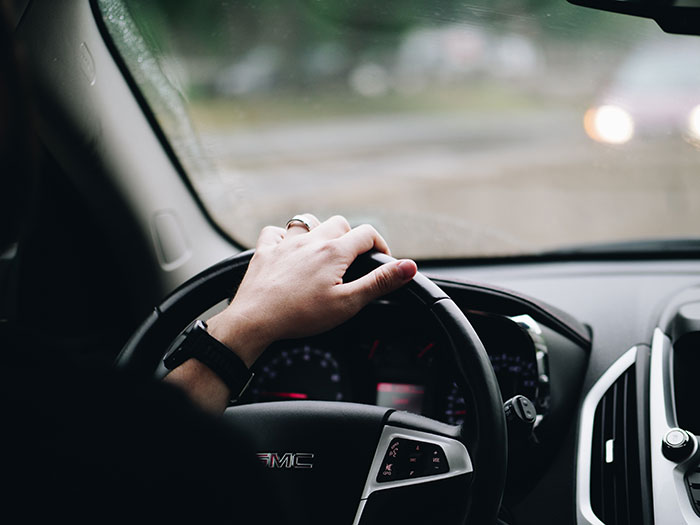 Driving drunk. I live in Sonoma County, California. Make sure you’ve got a sober driver ffs. The roads around here are never more dangerous than winery tasting room closing time on a sunny weekend.
Driving drunk. I live in Sonoma County, California. Make sure you’ve got a sober driver ffs. The roads around here are never more dangerous than winery tasting room closing time on a sunny weekend.
Edit: So many fellow locals in this thread! Hello neighbors!
Be safe out there, no matter where you are.
Generally being loud. A big party or multiple families just don’t care when in your favorite restaurant, park or attraction. Live in a tiny town with a resident-only beach on a lake that is very quiet. Second home owners come in and just are loud and don’t control their hoards of kids. You can just tell who is local who is not.
Also airbnbs are ruining the area. People living for 30+ years in very wooded/private lots but have to hear constant partiers every summer night now. Literally is ruining peoples lives…
Using Airbnb. I live in a tourist city which has basically been taken over by Airbnb. Rental occupancy rate is something like 0.3{6932ee47e64f4ce8eedbbd5224581f6531cba18a35225771c06e4f1b3f0d9667}. It’s a mess.
We hope you’re enjoying this list of insight from locals and that you’ve learned something useful for your next trip. No matter where your travels take you, remember to make as small of an impact as possible and to support the natives as much as you can. Even if you would never want to live in a tourist destination, it’s important to be empathetic to people who do. They love their homes, and they shouldn’t have to work overtime trying to preserve them. Be sure to upvote the responses you found most informative, and then let us know in the comments if you have ever lived in a tourist destination. We would love to hear about your experiences.
 Stop laying down next to the stars on the Hollywood walk of fame! Hollywood is filthy. Oh you laid down next to your favorite star? Congratulations. You’re now covered in homeless person p**s and jizz. You should burn those clothes.
Stop laying down next to the stars on the Hollywood walk of fame! Hollywood is filthy. Oh you laid down next to your favorite star? Congratulations. You’re now covered in homeless person p**s and jizz. You should burn those clothes.
 Stop walking out into the middle of an active downtown street to take group pictures of yourselves in cheerleading outfits on the spot where Kennedy was shot.
Stop walking out into the middle of an active downtown street to take group pictures of yourselves in cheerleading outfits on the spot where Kennedy was shot.
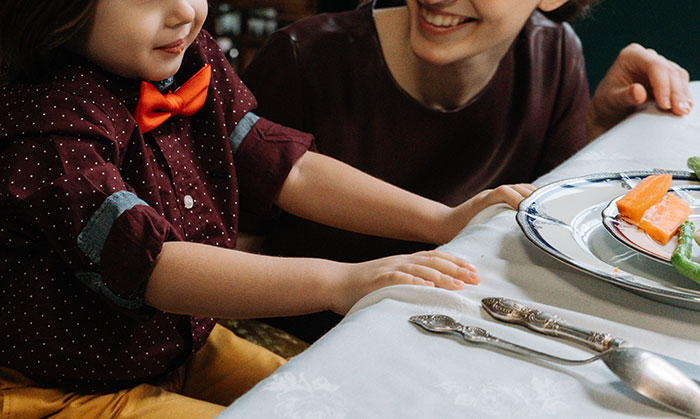 Forgetting that people live in the community. We had to move out of a sorta-touristy area because visitors were out of control. Endless partying at short term rentals in the neighborhood. Feeling unwelcome at our regular spots because we have (very polite) kids—the staff was always cool but out of town people always acted like how dare we bring a kid out for pancakes on a Saturday morning.
Forgetting that people live in the community. We had to move out of a sorta-touristy area because visitors were out of control. Endless partying at short term rentals in the neighborhood. Feeling unwelcome at our regular spots because we have (very polite) kids—the staff was always cool but out of town people always acted like how dare we bring a kid out for pancakes on a Saturday morning.
Note: this post originally had 70 images. It’s been shortened to the top 30 images based on user votes.

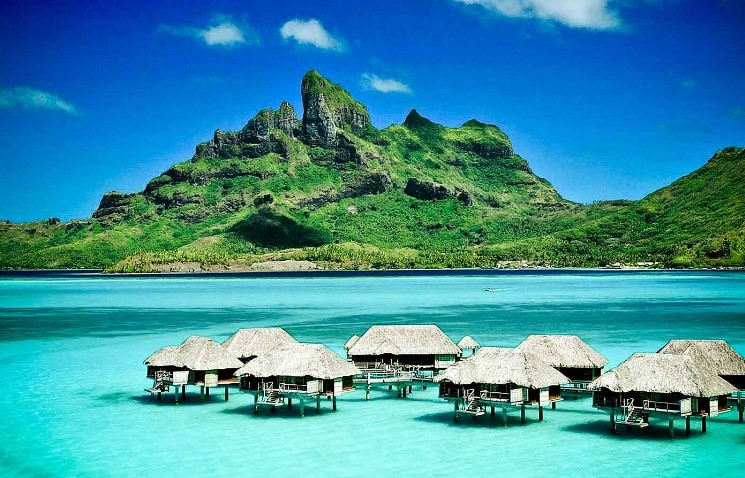
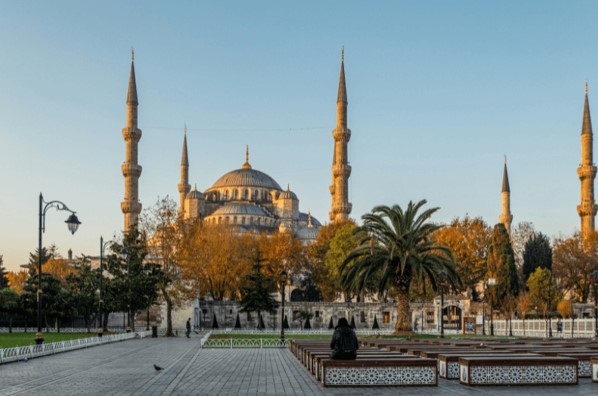
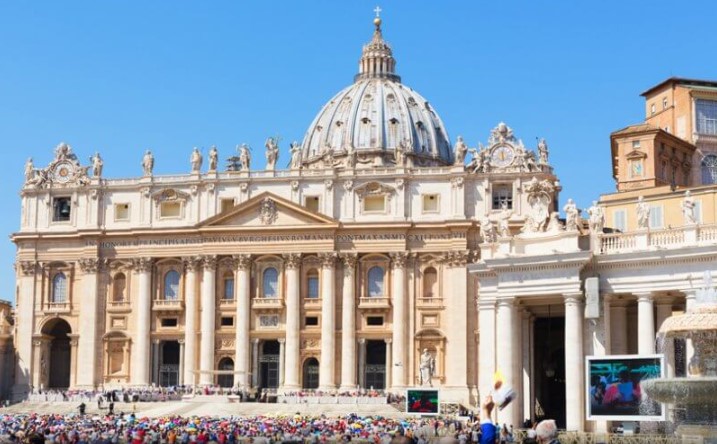
More Stories
Best Places to Visit in December
How to Make the Best Vacation Plans
10 Cheap Vacation Spots In Miami You Should Visit This Summer